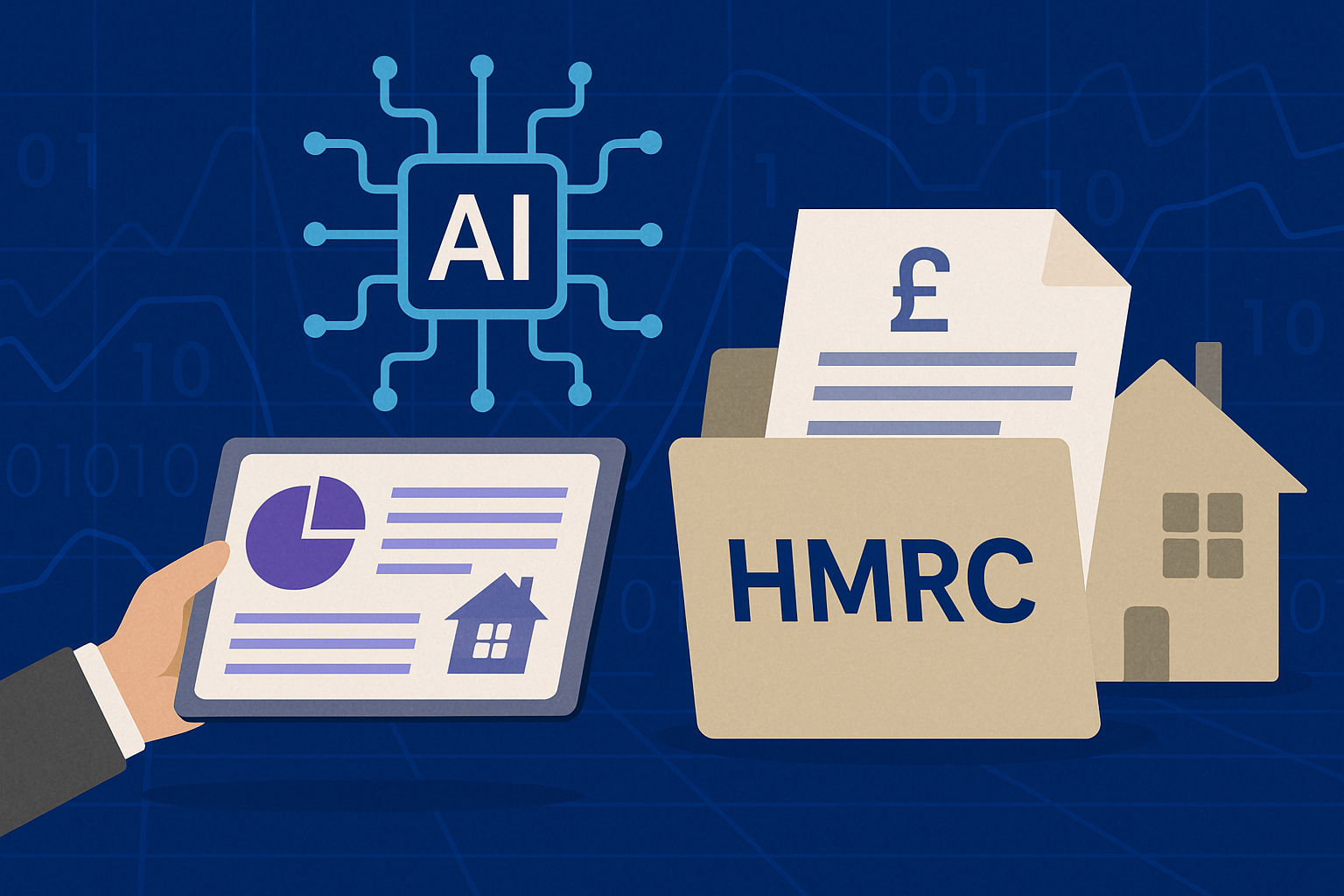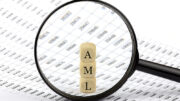HMRC has launched an ambitious new offensive against tax evasion - powered by artificial intelligence. With digital tools now able to cross-reference property, mortgage, and even social media data, landlords are being urged to keep meticulous records as the January 2026 tax deadline approaches.
AI tools bring landlords under sharper scrutiny
HM Revenue & Customs has confirmed that its “Connect” data system is now trawling billions of data points from banks, letting platforms, the Land Registry, and even utility providers to spot undeclared rental income and capital gains. The system can identify inconsistencies - for instance, a mortgage that doesn’t match declared rent, or a holiday let never reported to HMRC.
This digital expansion is part of the Treasury’s plan to close an estimated £47 billion “tax gap”, with £7 billion expected to be recovered through enhanced compliance and surveillance measures. The new focus comes alongside the government’s Making Tax Digital (MTD) rollout, which will eventually require landlords earning over £10,000 to keep digital records and file quarterly reports.
Landlords with multiple properties or complex arrangements - such as HMOs, property companies, or overseas lets - are particularly exposed. HMRC’s Wealthy Unit launched over 13,000 investigations last year into individuals earning more than £200,000 or holding assets above £2 million - a 60% rise year on year, according to the National Audit Office.
What this means for buy-to-let investors
While HMRC says its focus is on “wealthy” taxpayers, landlords outside that bracket should not assume immunity. The property sector has long been considered fertile ground for compliance risk, and the introduction of AI surveillance has expanded the department’s reach.
Landlords who have joined dubious “tax minimisation” schemes, such as the so-called Hybrid Business Model, are at particular risk. HMRC has publicly stated that these schemes “do not work”, warning that users could face higher tax bills, penalties, and interest charges.
Equally controversial is HMRC’s admission that it uses AI to monitor social media posts, cross-referencing visible lifestyle data with declared income. While officials insist this is limited to criminal investigations, MPs have expressed concern over potential misuse. Conservative MP Bob Blackman said:
“If they suddenly start taking legal action based on that, it seems draconian… Without a human check, you can see there’s going to be a problem.”
For landlords sharing renovation updates, second homes, or rental milestones online, this means one thing: be cautious. Even innocent posts could flag inconsistencies if algorithms misread them.
How landlords can stay compliant in the AI age
The good news? Landlords who keep clean, transparent records have little to fear. Industry accountants advise several key steps:
- Keep everything digital. Use property management software ahead of the MTD rollout.
- Match declared income to bank and letting agent records - even small discrepancies can trigger an automated flag.
- Document all expenses with receipts and invoices; avoid rounding figures.
- Declare all income sources, including lodgers, Airbnb lets, and overseas properties.
- Use HMRC’s Let Property Campaign if past underpayments exist - it’s often the most lenient route to resolution.
As Rachel Reeves, the Chancellor, has emphasised, the aim is “a fairer system where everyone pays what they owe.” But for landlords juggling complex portfolios, fairness depends heavily on accuracy - both human and algorithmic.
Editor’s view
The line between efficient enforcement and digital overreach is growing thinner. AI has given HMRC unprecedented reach, but its systems are only as good as the data they process - and mistakes could have real-world consequences for ordinary landlords.
For compliant property investors, the message is clear: transparency and record-keeping are now as crucial as the properties themselves. But the question remains - can a machine truly tell the difference between a genuine oversight and tax evasion?
Author: Editorial team - UK landlord & buy-to-let news, policy, and finance.
Published: 10 November 2025
Sources: HMRC, National Audit Office, The Daily Telegraph, UK Government, Rachel Reeves MP.
Related reading: HMRC recovers record £107m from landlords through Let Property Campaign








